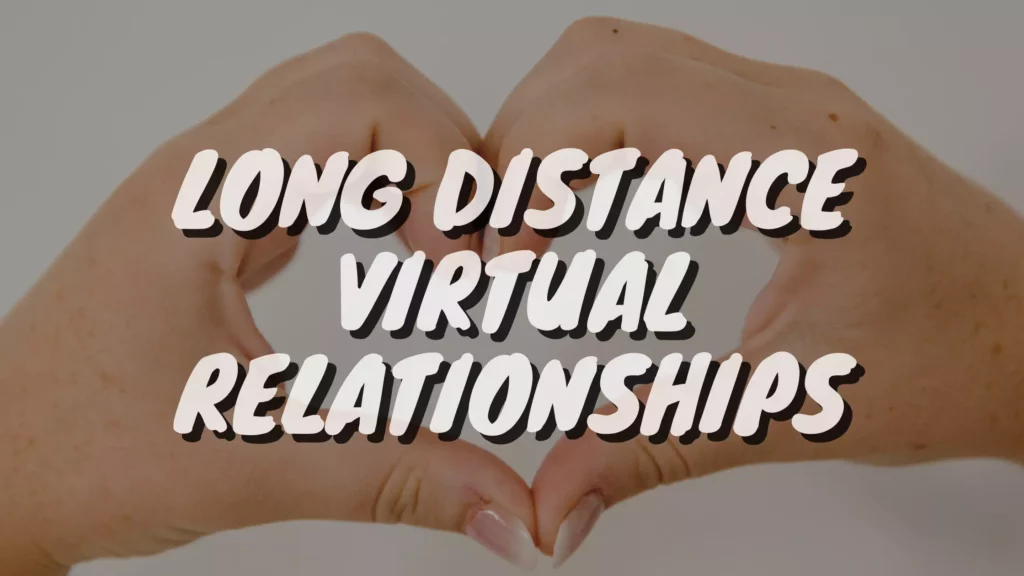Virtual relationships, also known as long-distance online relationships, are becoming increasingly common in today’s digital age. They involve two people who communicate primarily through online platforms such as social media, messaging apps, or video chat. While these relationships can be just as meaningful and fulfilling as in-person relationships, they can also come with their own set of unique challenges.
What are the Challenges?
One of the main difficulties of virtual relationships is the lack of physical touch and the inability to read nonverbal cues. This can make it harder to build trust and intimacy, and can make it more challenging to understand the other person’s feelings and intentions.
Additionally, virtual relationships can also make it harder to establish a sense of routine and predictability, which can make it more difficult to plan for the future.
Another challenge can be the distance and time zone differences that can make it harder to synchronize your schedules, and make it harder to have regular conversations.
Despite these challenges, it’s important to remember that virtual relationships are just as real and valid as in-person relationships. The emotions, connections and love you feel are real, and just because the relationship is not in-person it doesn’t mean that it’s less worthy of your time, effort and love.
Making Long-Distance Online Relationship Work
To make a virtual relationship work, it’s crucial to establish clear boundaries and expectations. This includes setting regular times to communicate and making sure that you’re both on the same page about what you want from the relationship. It’s also important to be honest and open about your feelings, and to make sure that you’re both getting the emotional support you need.
Another important aspect is to plan for the future, whether it’s scheduling a visit, or planning a physical meeting, looking forward to the future gives a sense of hope and purpose to the relationship.
Additionally, it’s important to find ways to stay connected emotionally, such as sending pictures, videos, and other small gifts, or even planning virtual dates.
It’s also important to remember to take care of yourself and your own well-being. This may mean finding healthy ways to cope with the distance, such as exercise, meditation, or therapy.
Also, maintain your own interests and hobbies, and to continue to pursue your own goals and dreams, so that you can grow and evolve as an individual, even when you’re apart.
Conclusion
In conclusion, virtual relationships can come with their own set of unique challenges, but they are just as real and valid as in-person relationships. By establishing clear boundaries and expectations, being honest and open with your feelings, planning for the future, staying emotionally connected, and taking care of yourself, you can make a virtual relationship work and last.
Remember, distance may separate you physically, but it doesn’t have to separate you emotionally.

